In the western flank of the Urals, where industrial grit meets forested ridges, the Perm branch of the SRR maintains a well-drilled structure for keeping amateur operators engaged.
Leadership with Depth
At the top is Kirill Borisovich Tsiberkin (UF8F), who chairs both the branch and its council, pairing administrative control with on-air presence. His deputy, Mikhail Vyacheslavovich Nabokin (R9GM), brings a mix of contest experience and organisational skill. The council reads like a callbook of regional stalwarts — RU9F, RK9FBW, RA9FOR, RV9FF, RK9FBE, and even a non-licensed member, Natalya Nikolaevna Shirokova, reflecting the club’s inclusive approach.
Technical Governance
Standards and licensing are overseen by Yuriy Gelyavich Efremov (RV9FF), head of the qualification commission, with Artur Fadanisovich Shmakov (UI8F) as deputy — both of whom double as active net controllers. The QSL bureau is in the hands of Vladimir Petrovich Sannikov (UA9FAR), providing a physical link to the global amateur community.
The Tuesday Anchor
Punctuality defines their main weekly ritual: Tuesdays at 16:30 UTC on 145.550 MHz. Led alternately by UF8F and UI8F, the roundtable is a local fixture, a VHF slot that cuts through city noise and mountain scatter alike.
Infrastructure and Coverage
While the branch lists no current repeater installations, its reliance on a clear VHF simplex frequency for nets suggests an emphasis on operator skill and antenna efficiency over heavy infrastructure. In the Urals’ varied terrain, that choice favours those who value technique as much as technology.
Community Touchpoints
Public engagement is not centralised in one address — a sign the branch operates more as a distributed network than a fixed clubhouse. The QSL bureau and leadership remain accessible, but activity is decentralised, allowing flexibility across the sprawling krai.
Why It Works
The Perm branch succeeds through lean, consistent operations: a clear net schedule, a tightly knit leadership, and a network that prizes personal operator capability. In a region where geography challenges coverage, they have chosen coordination over complexity — and it works.



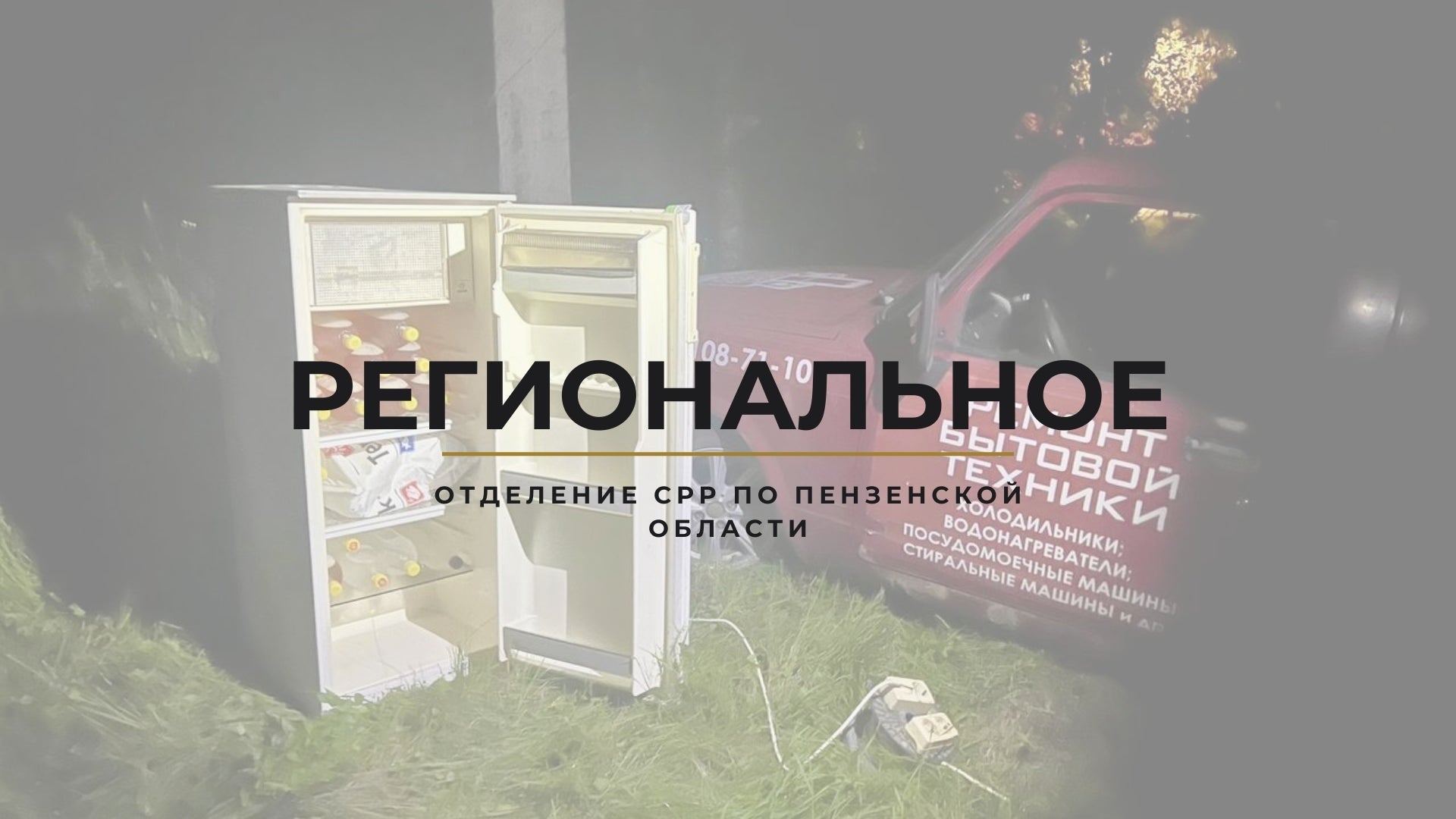
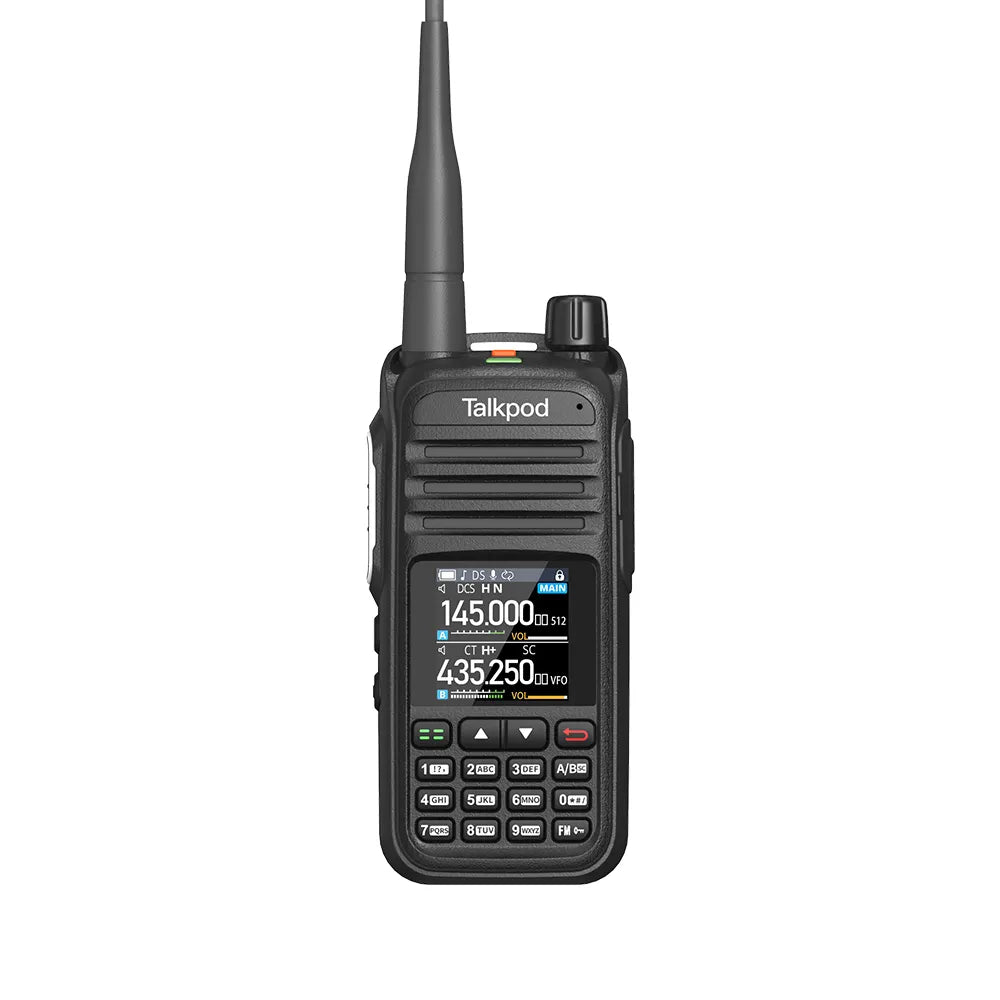
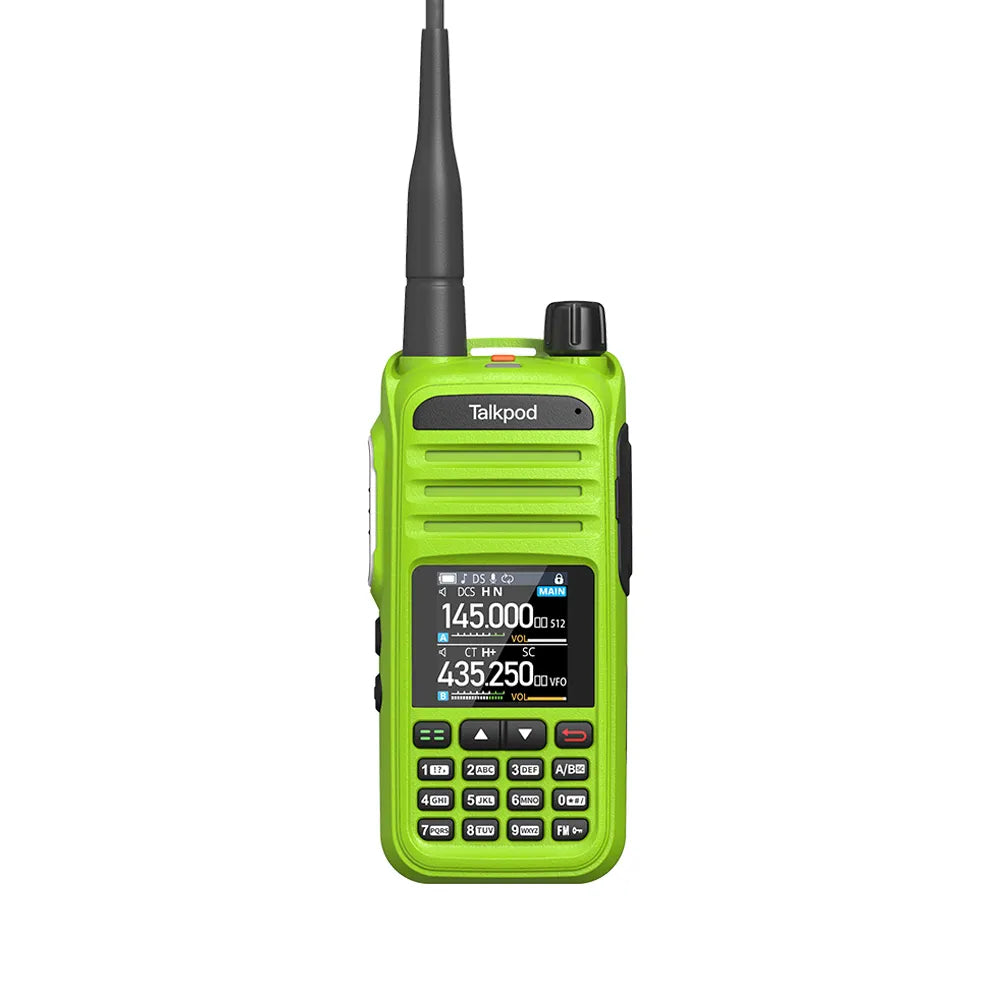




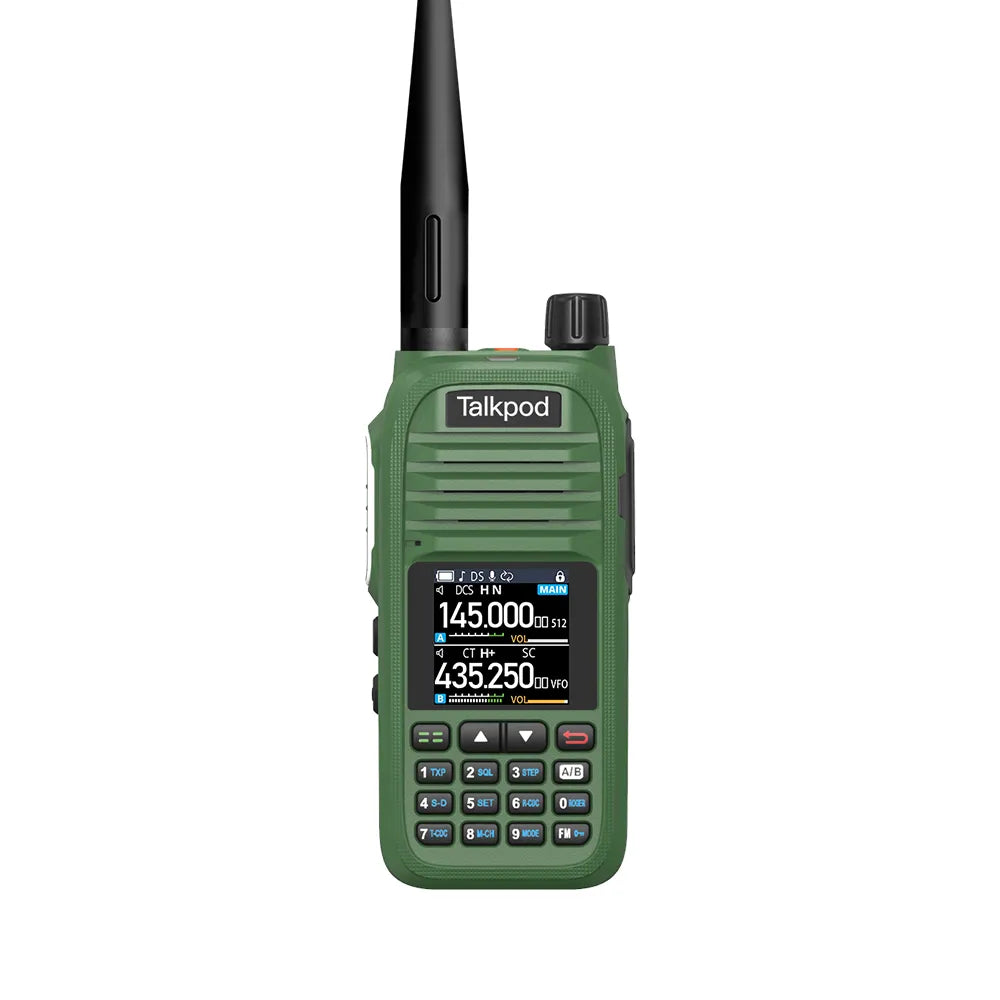
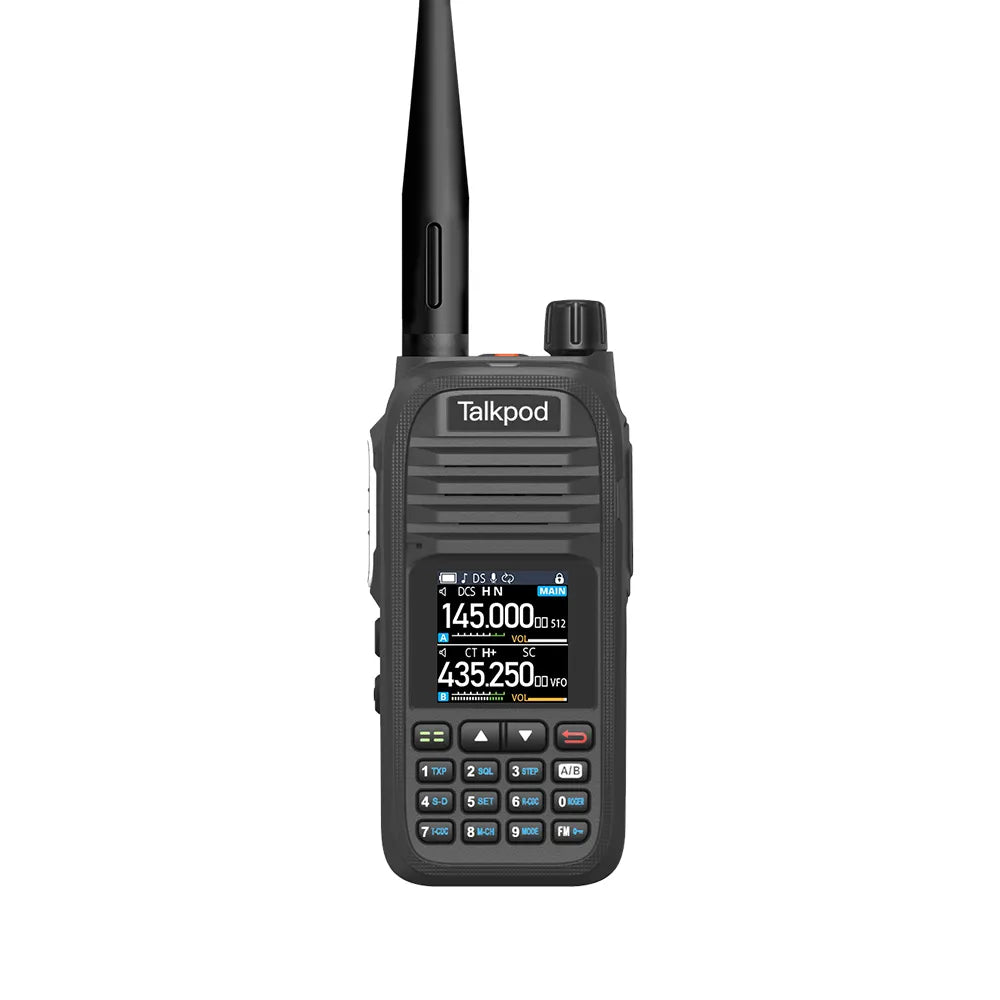
Leave a comment
All comments are moderated before being published.
This site is protected by hCaptcha and the hCaptcha Privacy Policy and Terms of Service apply.